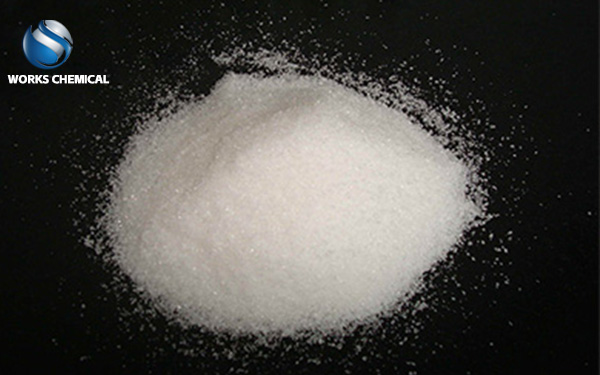
Sludge dehydrating agent, also known as sludge conditioner, has significant advantages in the sludge treatment process, but at the same time there are some shortcomings. Here is a detailed summary:

Advantages :
Reduce moisture content: sludge dehydrating agent can significantly reduce the moisture content of sludge, combined with appropriate sludge treatment equipment (such as plate and frame filter press), can reduce the moisture content of sludge from more than 90% to 40%-60%, to achieve deep dehydration of sludge.
Maintain sludge properties: While reducing the moisture content, the sludge dehydrating agent can maintain the properties and organic matter content of the sludge, without changing the pH value and salt content of the filtrate, which is conducive to the subsequent sludge treatment and utilization.
Strong dewatering ability: sludge dewatering agent performs well in the dewatering treatment of various industrial sludge, and the unique dewatering ability makes the sludge better treated and utilized.
Environmental protection: some sludge dehydrating agents do not contain inorganic salts, the mud cake after deep drying does not bind, and the filter material does not stick to the filter equipment, reducing the cost of equipment cleaning. At the same time, the clarity of the filter water can reduce the difficulty of subsequent wastewater treatment.
High economic benefit: sludge dewatering agent treatment effect is good, cost-effective, can be widely used in domestic sewage, printing and dyeing plants, paper mills, chemical plants, oily sludge and other industries of sludge dewatering treatment, to achieve efficient concentration and dehydration, thereby reducing the operating costs of enterprises.
Optimize sludge follow-up treatment: By reducing the moisture content and volume of the sludge, the sludge dehydrant helps to reduce the storage, transportation and disposal costs of the sludge, while increasing the reuse value of the sludge.
Disadvantages
Complex agent selection: different types of sludge require different types of dehydrating agents, so in practical applications, it is necessary to choose the appropriate agent according to the nature of the sludge and dehydration requirements. If the agent is not properly selected, it may affect the dehydration effect and even cause environmental pollution.
Cost factor: Although the sludge dewatering agent can reduce the moisture content of the sludge and the subsequent treatment cost, the production and procurement costs of the agent itself are also factors that need to be considered. In some cases, high-cost pharmacies may increase the operating burden of a business.
Technical requirements: The use of sludge dehydrating agent requires certain technical support and operational experience. If the operation is improper or the equipment selection is unreasonable, it may affect the dehydration effect and the service life of the equipment.
Environmental impact: Some sludge dehydrating agents may have a certain impact on the environment, such as increasing the concentration of pollutants in wastewater. Therefore, adequate environmental assessment and testing is required before use to ensure that the use of the agent will not cause serious negative effects on the environment.
In summary, sludge dehydrating agent has significant advantages in sludge treatment, but it is also necessary to pay attention to the problems of agent selection, cost control, technical requirements and environmental impact. In practical applications, the appropriate sludge dehydrating agent should be selected according to the specific situation, combined with the appropriate sludge treatment equipment and process, in order to achieve the efficient, economic and environmental protection of sludge treatment.